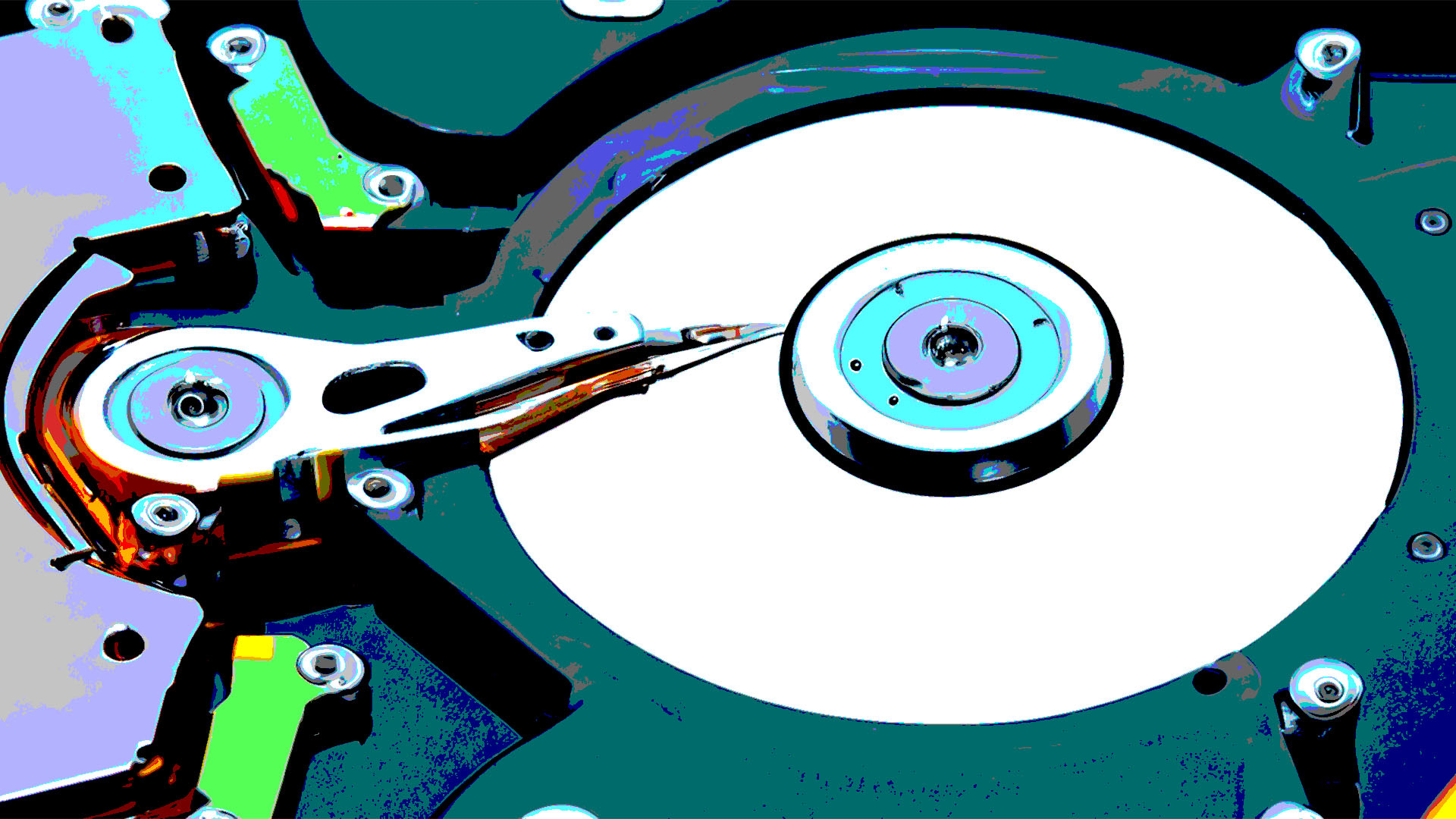
120TB hard drives are coming, thanks to new Seagate tech
New hard disk tech demonstration shows potential for multi-layered granular media, with massive storage capacities coming in the future.

Who could possibly come close to needing that much storage? The biggest setup I have is a computer with a 1TB C drive and an 8TB D drive. I have all my personal and business documents on it, loads of videos, many thousands of pics, and probably 40,000 songs. And I'm still only less than 4TB in capacity.I really can't see many consumers that would be interested, beyond the bragging rights. Corporations, sure for archive purposes - but many/most are going the cloud route for that type of storage.
Very few of the systems I configure for commercial/educational/public have the larger drives, most use dedupe/compression on SSD/NVMe based systems to accomplish both speed and realizes capacity. Those that don't want to go that route, 20TB is about the biggest they go with.
Facebook, Gmail and Yahoo to mention a few. Any application that allows customers to store information on their site could use massive but compact storage devices. Keep in mind that the "Cloud" is just a hard drive somewhere that takes up space.Who could possibly come close to needing that much storage? The biggest setup I have is a computer with a 1TB C drive and an 8TB D drive. I have all my personal and business documents on it, loads of videos, many thousands of pics, and probably 40,000 songs. And I'm still only less than 4TB in capacity.
Yeah, I was referring to consumers, or personal use. Even small business use. I don't think I had more than 2TB D drives on any of my work computers.Facebook, Gmail and Yahoo to mention a few. Any application that allows customers to store information on their site could use massive but compact storage devices. Keep in mind that the "Cloud" is just a hard drive somewhere that takes up space.
I gotcha, I was trying to point out who it was actually developed for. The drive size in this case has reached a point of diminishing returns as a day to day C drive for the average user. A drive that size would probably have a 2TB index area that would have to be scanned by the processor to retrieve anything out there. I wonder if MacDaddy knows whether or not the newer Dual Processors can handle the dedicated function of data retrieval, and if not, how close are these monster drive systems coming to being I/O bound with a single function processor?Yeah, I was referring to consumers, or personal use. Even small business use. I don't think I had more than 2TB D drives on any of my work computers.
Someone with a huge collection of cat videos.Who could possibly come close to needing that much storage? The biggest setup I have is a computer with a 1TB C drive and an 8TB D drive. I have all my personal and business documents on it, loads of videos, many thousands of pics, and probably 40,000 songs. And I'm still only less than 4TB in capacity.
What kind of weirdo would that be?Someone with a huge collection of cat videos.
FIFYSomeone with a huge collection ofcat videosspeakers.
Not an issue with the processors handling the data. Most of the storage access is handled by the RAID controller - the processor(s) just ask for data and most of the time they are waiting on the hard drives to supply it. We use a tool that provides information on disk performance, latency, and several other performance parameters. Its almost always the disk performance and access latency that slows systems down. Processors are typically taking a nap for most of the day.I gotcha, I was trying to point out who it was actually developed for. The drive size in this case has reached a point of diminishing returns as a day to day C drive for the average user. A drive that size would probably have a 2TB index area that would have to be scanned by the processor to retrieve anything out there. I wonder if MacDaddy knows whether or not the newer Dual Processors can handle the dedicated function of data retrieval, and if not, how close are these monster drive systems coming to being I/O bound with a single function processor?